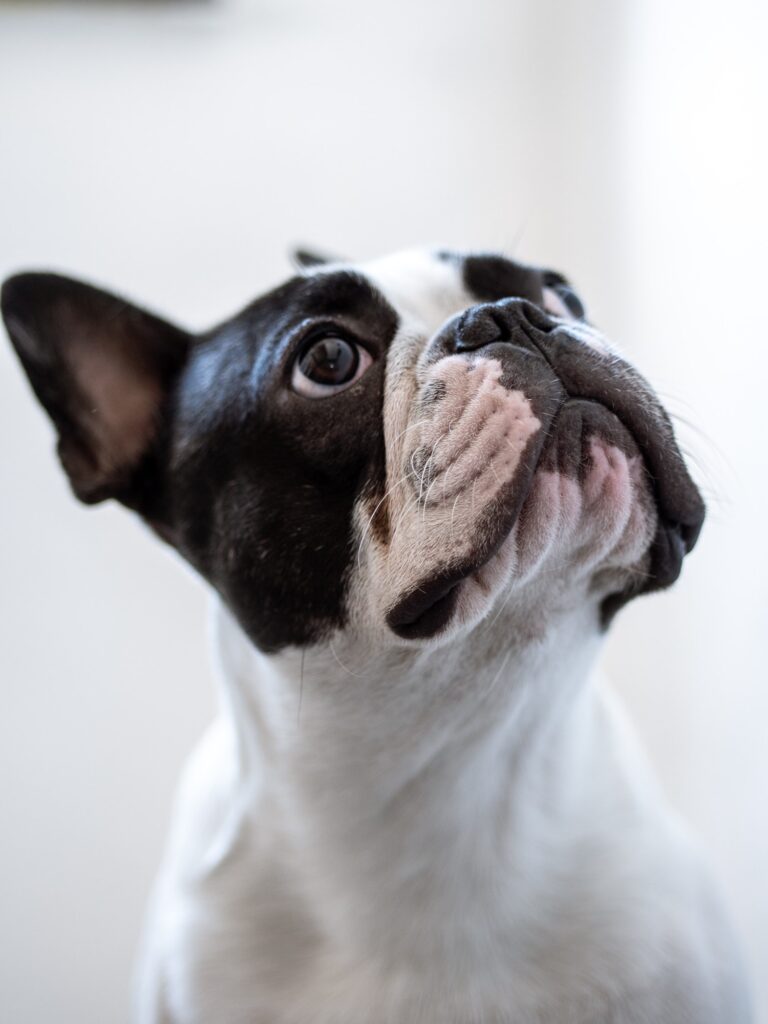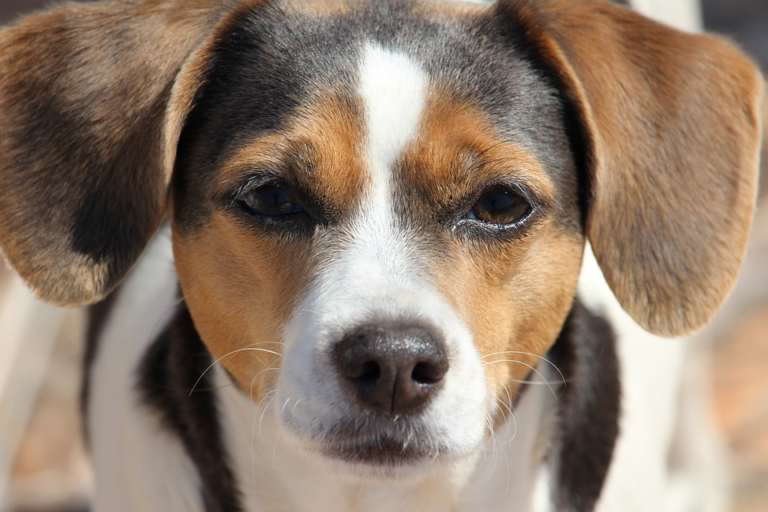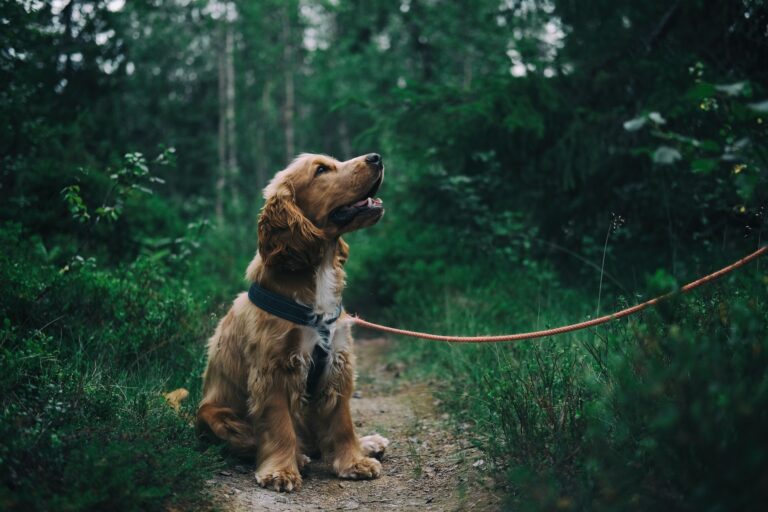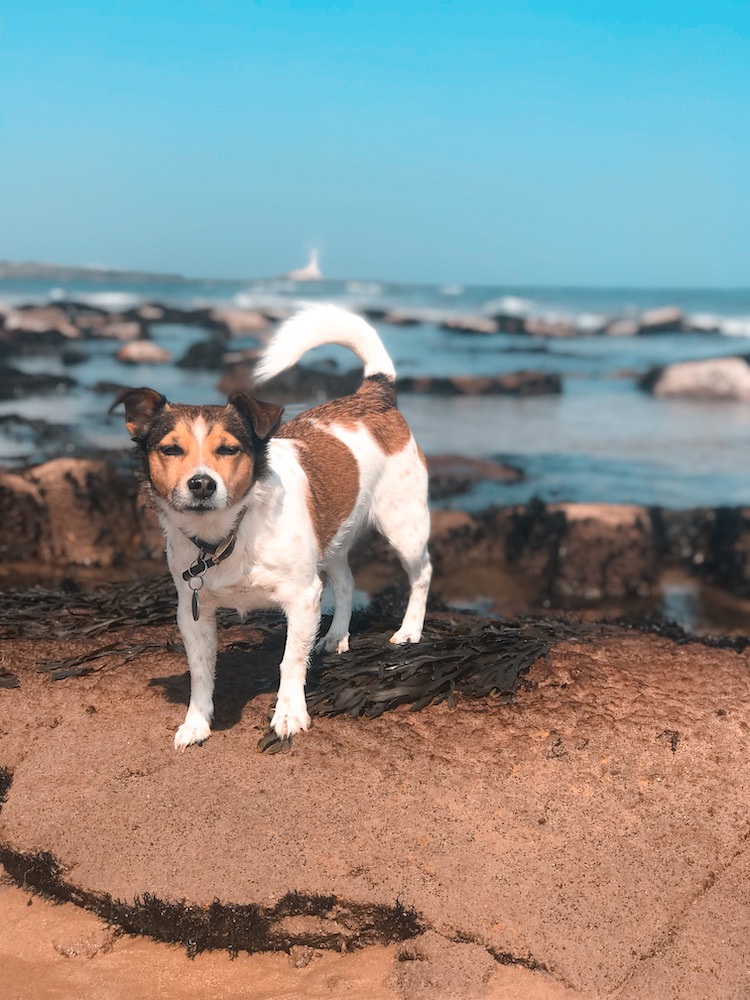How To Help Your Nervous Dog
Having a nervous dog can be tough. Even though you try to be the best pet owner you can be, it seems like they’re always in a state of distress from the smallest of things. Although you should really go to a vet or behavioural specialist for severe problems, there are certain things you can do to keep them as calm as possible. Here are a few tips to remember…
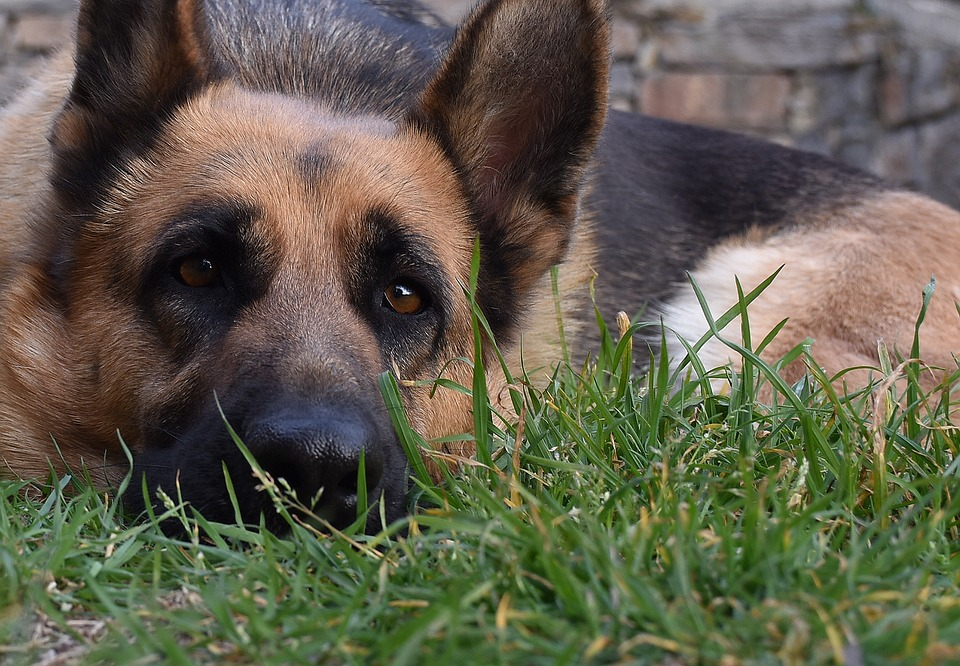
How To Help Your Nervous Dog
 Figure Out the Situations That Scare your Dog
Figure Out the Situations That Scare your Dog
Nervousness and fear are very hard to shake for a dog, even in seemingly tranquil situations. The more often your dog is exposed to situations that make them feel anxious or nervous, the more susceptible they’ll be to these problems in the future. With this in mind, try to figure out what kind of situations make them scared, and do your best to avoid them.
Try to look for their “threshold”; the point where they only just become aware of stimulus that makes them worried or afraid. They might follow something intently with their eyes, breathing heavily, or show some other signs that everything isn’t 100% okay. This is the cue you should be looking for in the future. Try your best to put some distance between your dog and the thing that’s making them more alert wherever possible.
Praise and Reward Them When They Act Brave
Let’s say that one day you’re out for a walk, and your dog peels off from the sidewalk to investigate a big, daunting garbage can. Don’t push this brave behaviour, but calmly praise and encourage it, maybe tossing them a dog treat if they’re still seeming a little uncertain. Once they lose interest, or they start taking too long, then keep them moving with a gentle tug on their lead. If this kind of exploration is rare, you might be tempted to encourage them for “one more try”. However, this is tempting fate.
A passing car might backfire, or a burly Rottweiler might start barking at a helicopter. When these nasty surprises spring up halfway through your dog’s exploration, it can quickly undo all the progress they’ve made. Unless you know you can control all the stimulus in a certain situation, it’s generally best to quit while your furry friend is ahead.
Be Cautious When a Nervous Dog Approaches People
Approach with caution whenever your nervous dog starts sniffing and investigating a person they’re not used to. People who love dogs usually assume that all dogs love them back, and won’t hesitate to give them a big, confident ruffle behind the ears. If things like this suddenly throw a nervous dog out of their comfort zone, it can be a recipe for disaster. At best, they’ll have a bad experience, and become even more afraid of the world around them. At worst, their fear will boil over, and they’ll bite the person interacting with them.
Obviously, you don’t want to keep your dog isolated from humans. However, you should always take it nice and easy, and try not to throw them into potentially high-stress situations with lots of strangers.
Conclusion
Having a nervous dog can be challenging, but with patience and the right approach, you can help them feel more secure and calm. While consulting a vet or a behavioral specialist is crucial for severe issues, there are steps you can take to make a positive impact.
Firstly, identify the situations that scare your dog and try to avoid them. Understanding their “threshold” for anxiety can help you manage their exposure to stressors more effectively. Secondly, praise and reward brave behavior, reinforcing their courage without pushing them too far. Finally, be cautious when your dog interacts with new people, ensuring that these encounters are gentle and controlled to prevent overwhelming them.
By following these tips, you can create a more supportive environment for your nervous dog, helping them gradually build confidence and feel safer in their daily life.

